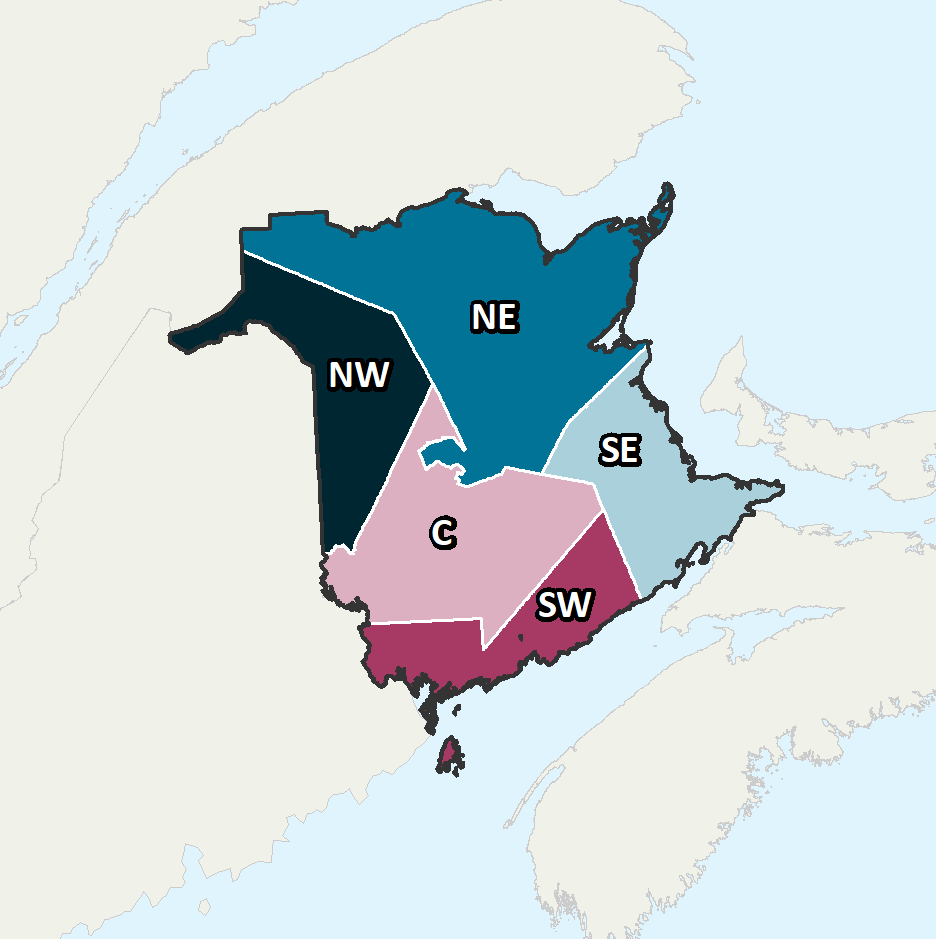
Heavy-duty equipment mechanics
repair and maintain mobile heavy-duty equipment used in construction, transportation, forestry, mining, oil and gas, material handling, land clearing, farming and similar activities.
On This Page
Full NOC Description
Heavy-duty equipment mechanics repair, troubleshoot, adjust, overhaul and maintain mobile heavy-duty equipment used in construction, transportation, forestry, mining, oil and gas, material handling, landscaping, land clearing, farming and similar activities. They are employed by companies which own and operate heavy equipment, and by heavy equipment dealers, rental and service establishments, railway transport companies and urban transit systems. Apprentices are also included in this unit group.
Main Duties
This group performs some or all of the following duties:
- Check bulldozers, cranes, graders and other heavy construction, agricultural, logging and mining equipment for proper performance and inspect equipment to detect faults and malfunctions
- Diagnose faults or malfunctions using computerized and other testing equipment to determine extent of repair required
- Adjust equipment and repair or replace defective parts, components or systems, using hand and power tools
- Test repaired equipment for proper performance and to ensure that work meets manufacturers' specifications
- Clean, lubricate and perform other routine maintenance work on equipment
- Service attachments and working tools such as harvesting and tillage equipment, blades, ploughs, winches and side booms
- May perform repair work on heavy trucks
- May attach components and adjust new farm equipment.
- Heavy-duty mechanics may specialize in specific types of machinery such as combines or tracked vehicles, or in engine overhaul, power shift transmissions, fuel injection, hydraulics or electronics.
Also Known As
- agricultural equipment technician
- construction equipment mechanic
- diesel mechanic - heavy equipment
- farm equipment mechanic
- heavy equipment mechanic
Employment Requirements
Completion of secondary school and training courses or a vocational program is usually required.
- Completion of a three- to five-year apprenticeship program or A combination of over four years of work experience and industry courses in heavy equipment repair is usually required to be eligible for trade certification.
- Heavy-duty equipment technician trade certification is compulsory in Quebec (only in the construction industry) and Alberta and available, but voluntary, in all other provinces and the territories.
- Agricultural equipment technician trade certification is available, but voluntary, in Newfoundland and Labrador, Nova Scotia, Prince Edward Island, New Brunswick, Ontario, Manitoba, Saskatchewan, Alberta and British Columbia.
- Red Seal endorsement is also available to qualified heavy duty equipment technicians and agricultural equipment technicians upon successful completion of the interprovincial Red Seal examination.
Provincial Regulation
- Provincially Regulated: Yes
- Compulsory: No
- Red Seal: Yes
Regulation Body
The following graph shows the percentage of men and women working in this occupation in New Brunswick.
Data legend
The following graph shows the breakdown of all persons working in this occupation in New Brunswick by age group.
Data legend
The following graph shows the breakdown of all persons working in this occupation in New Brunswick by highest level of education achieved.
Data legend
The following graph shows the industry groups in which the largest shares of persons working in this occupation in New Brunswick are employed. Small percentages for all top three industry groups may suggest employment for this occupation is widely distributed amongst many industry groups.
Data legend
The following graph shows the breakdown of all persons employed in this occupation in New Brunswick by which economic region they reside in.
Data legend

Economic Regions
The following map displays New Brunswick’s five economic regions. An economic region (ER) is a grouping of counties, created as a standard unit for analysis of regional economic activity across Canada.
The following graph shows the average salary of all persons employed in this occupation in each of New Brunswick’s five economic regions.
Data legend

Economic Regions
The following map displays New Brunswick’s five economic regions. An economic region (ER) is a grouping of counties, created as a standard unit for analysis of regional economic activity across Canada.
The following represents the median hourly wage of all persons employed in this occupation in each of New Brunswick’s five economic regions.
The following shows the average salary of everyone who worked full-time and year-round in this occupation across each of the Atlantic Provinces and nationally.
The following represents the number of job openings that are expected to occur in this occupation over the next three and ten years respectively, broken down by openings expected to result from growth (“new jobs”) and openings expected to result from attrition (death and retirements).


Share this page
No endorsement of any products or services is expressed or implied.